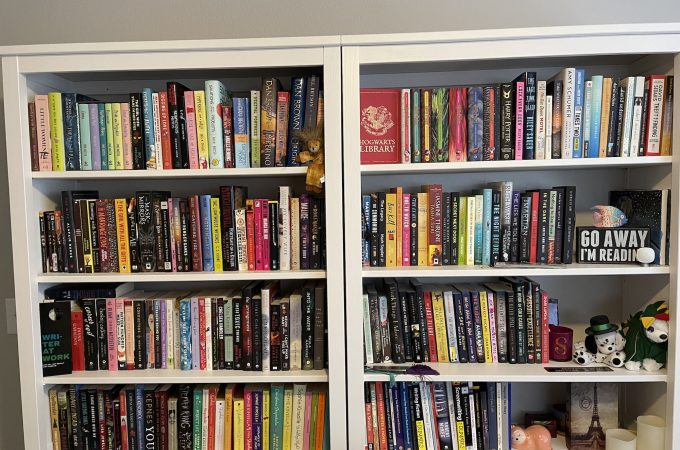
Avoiding poor communication plots
Since Valentine’s Day just passed, I thought it’d be fun to highlight a common issue in books and films, especially romantic comedies: the poor communication plot.
This is when a problem arises because the characters don’t talk to each other and for seemingly no good reason. It’s completely the author’s doing to make the plot move forward or provide a “big misunderstanding” that will be laughed off later or allows the hero to wipe away the heroine’s tears as he finally explains what really happened.
Misunderstandings can be great in stories to provide conflict, up the stakes, or drive a character’s action to move the plot forward but when it’s done solely because that’s the only way the writer knows how to move the story along, it comes off as cheap.
The readers will sit there in frustration wondering why these idiots won’t just use their words or talk to each other, especially if the readers are inside the characters’ heads and can see they want to have the deep conversation but for some reason they won’t (typically the “because the plot says so” reason).
Poor communication does happen in real life and it does lead to real conflicts but when used in stories we need to know the motivations of why the characters aren’t talking or what stakes are tied to having that conversation.
A poor communication plot is like a Deus ex machina, it’s rather convenient and doesn’t feel right. Readers can instantly recognize that the story would be over if the characters talked or explained themselves and can see the author throwing in a miscommunication to stretch the story out.
Don’t do this!
Make a miscommunication seem organic and authentic by explaining what’s at stake for the characters or what’s motivating them to keep secrets or not properly explain themselves.
I once had a friend who wasn’t talking to me and when I asked why she was mad all she told me was, “You know what you did!” And I truly didn’t but all she would say was, “Well if you don’t know what you did, I can’t help you.” It was exasperating and that’s how I feel when I read stories that could be resolved if characters actually just communicated.
Good motivations or stakes for creating miscommunications:
- Fear of the truth or its consequences
- Hiding feelings to avoid getting hurt
- Mistaken confession: a character confesses to something but it’s not what the other character was asking about
- A character wants to lie or manipulate another person
- A character was lied to or purposely mislead
- A character needs to save face or protect another’s reputation
- A technology mishap (a trope in itself but at least a believable thing that happens)
- The boy who cried wolf: characters don’t believe another because they’ve heard it before
- Characters have different cultures or upbringings and leave info out due to etiquette
- Two characters having a conversation where each thinks they’re talking about the same thing but they’re not
It all boils down to giving the readers a reason to believe this miscommunication would really happen instead of it happening because it needs to for the story to be more than five chapters.
What other motivations or stakes can create a realistic miscommunication? Share your ideas in the comments below!




